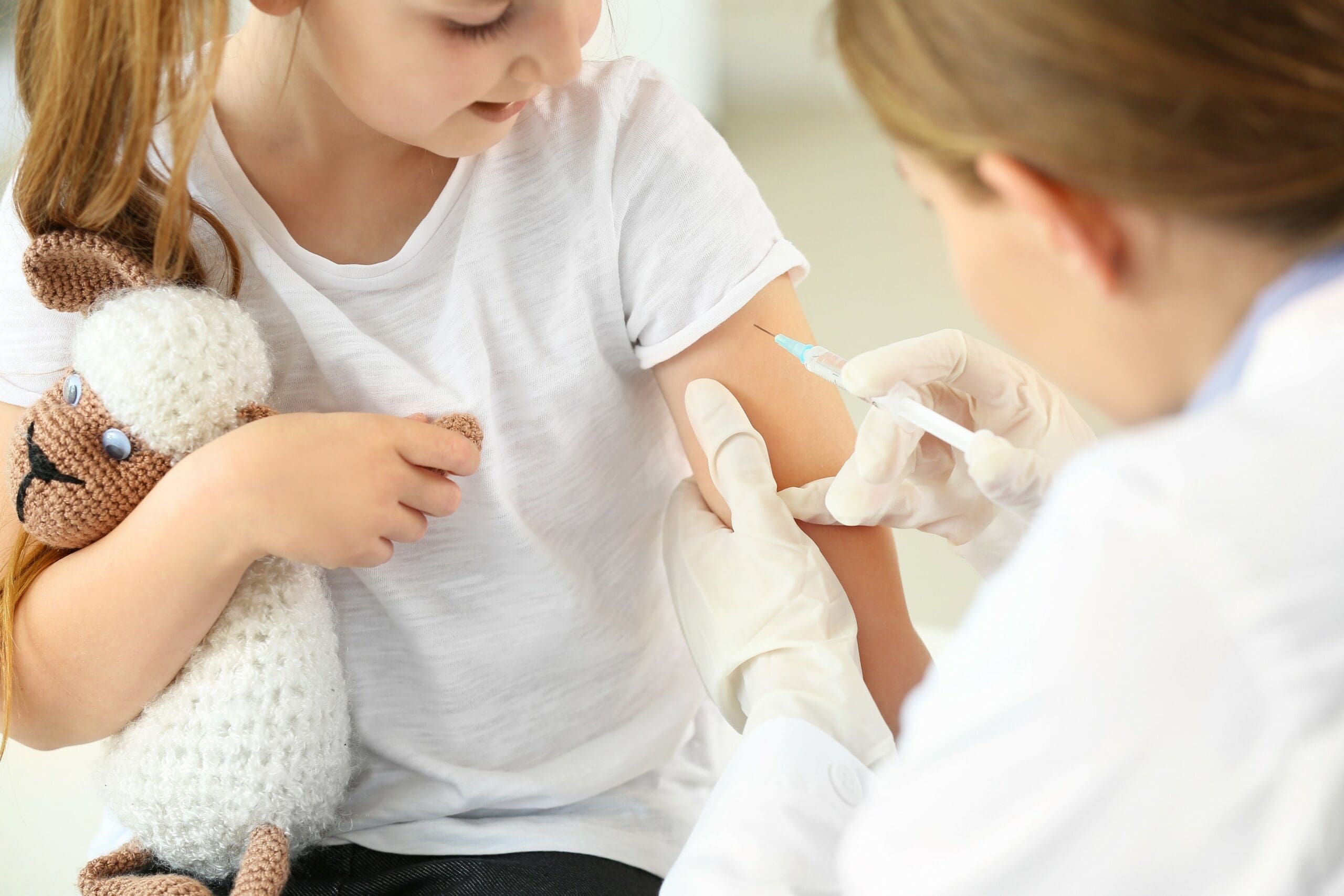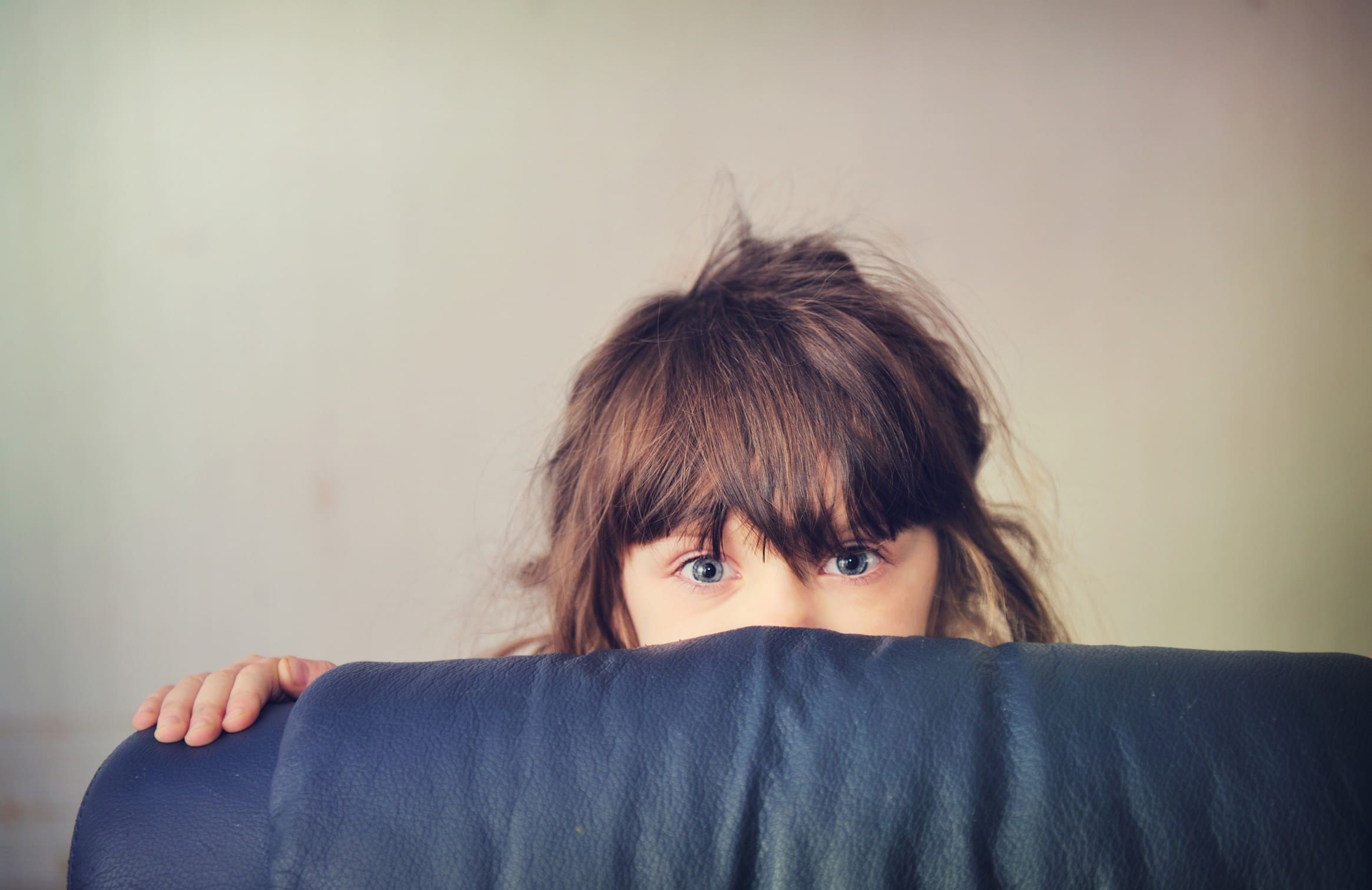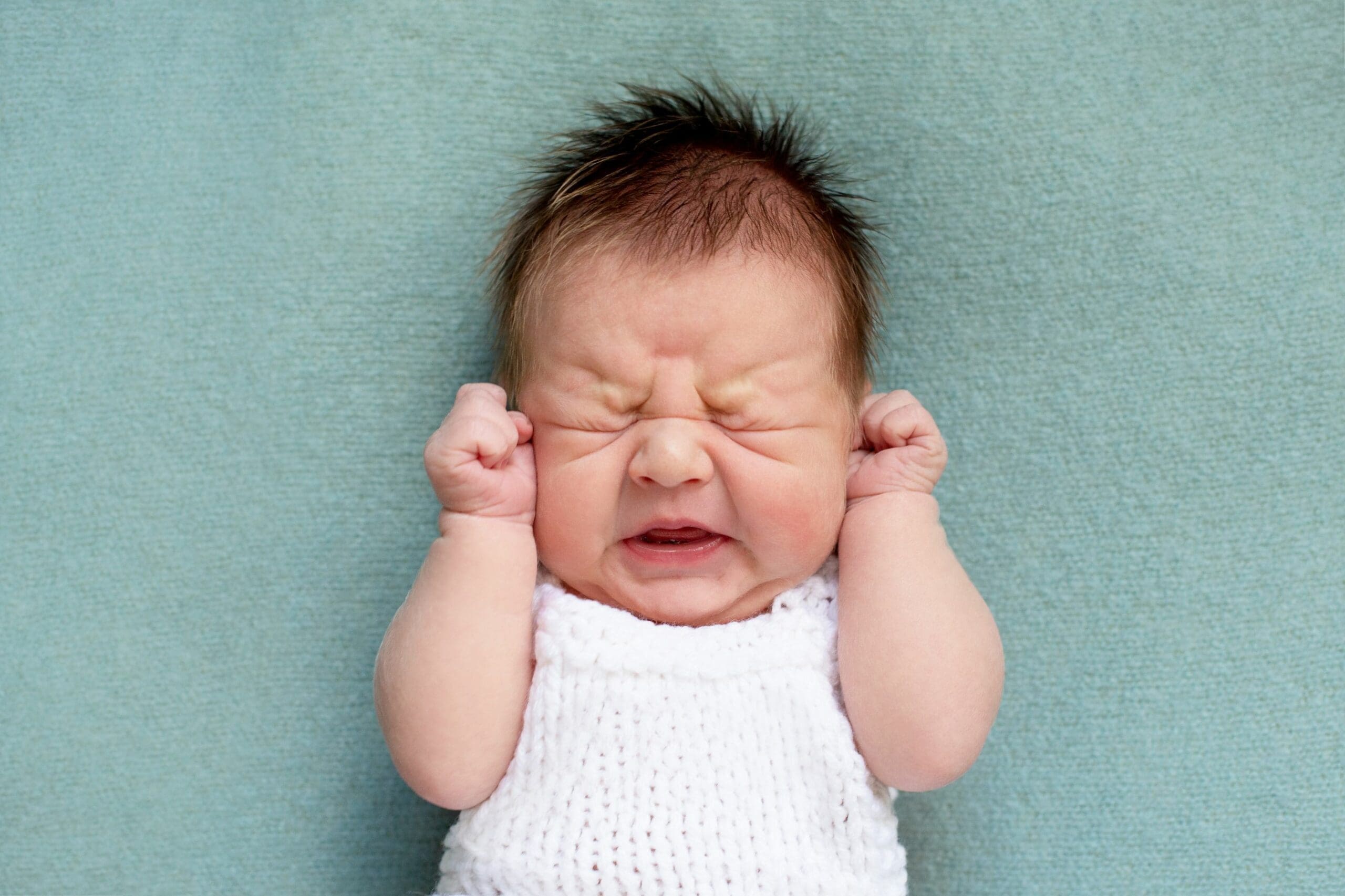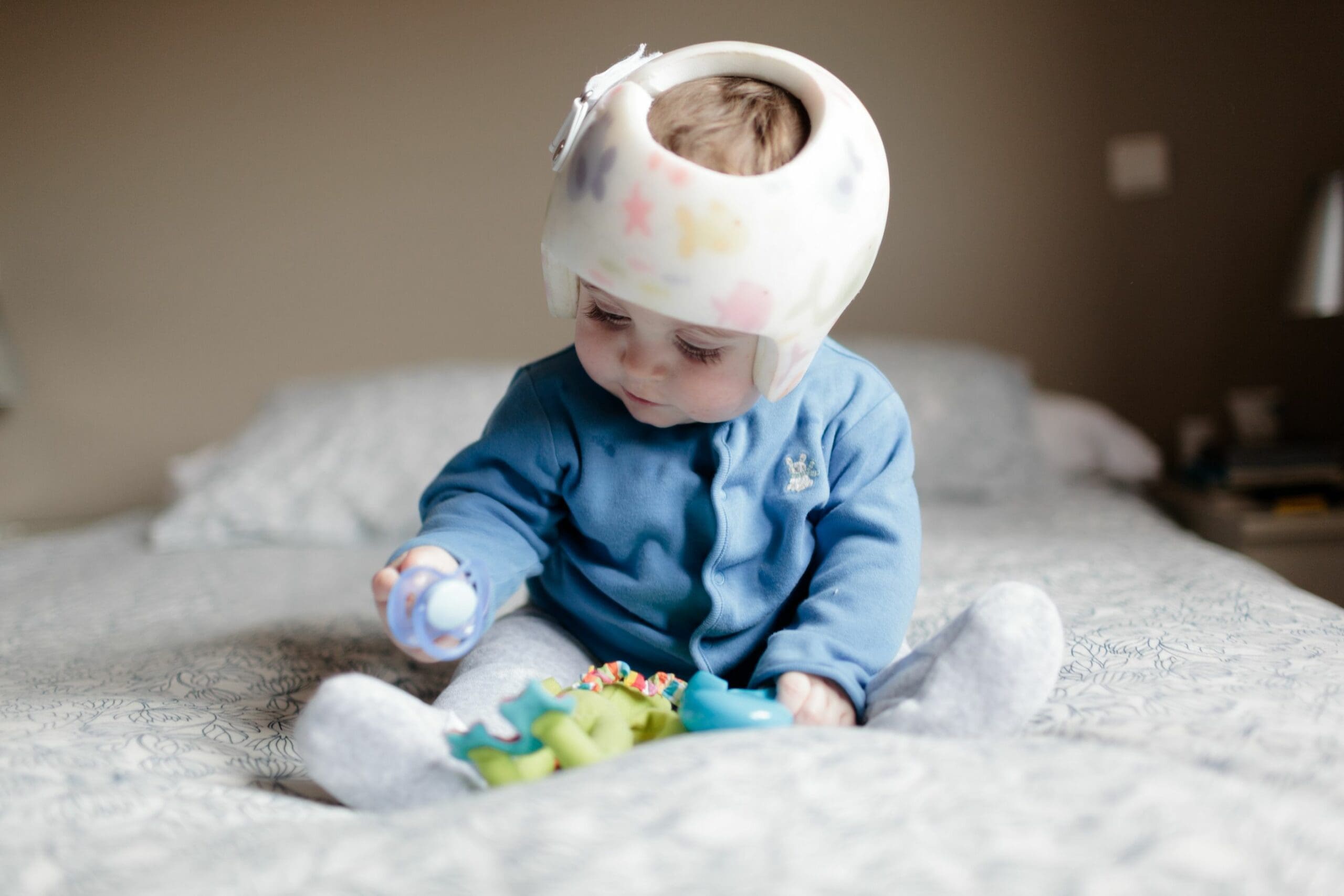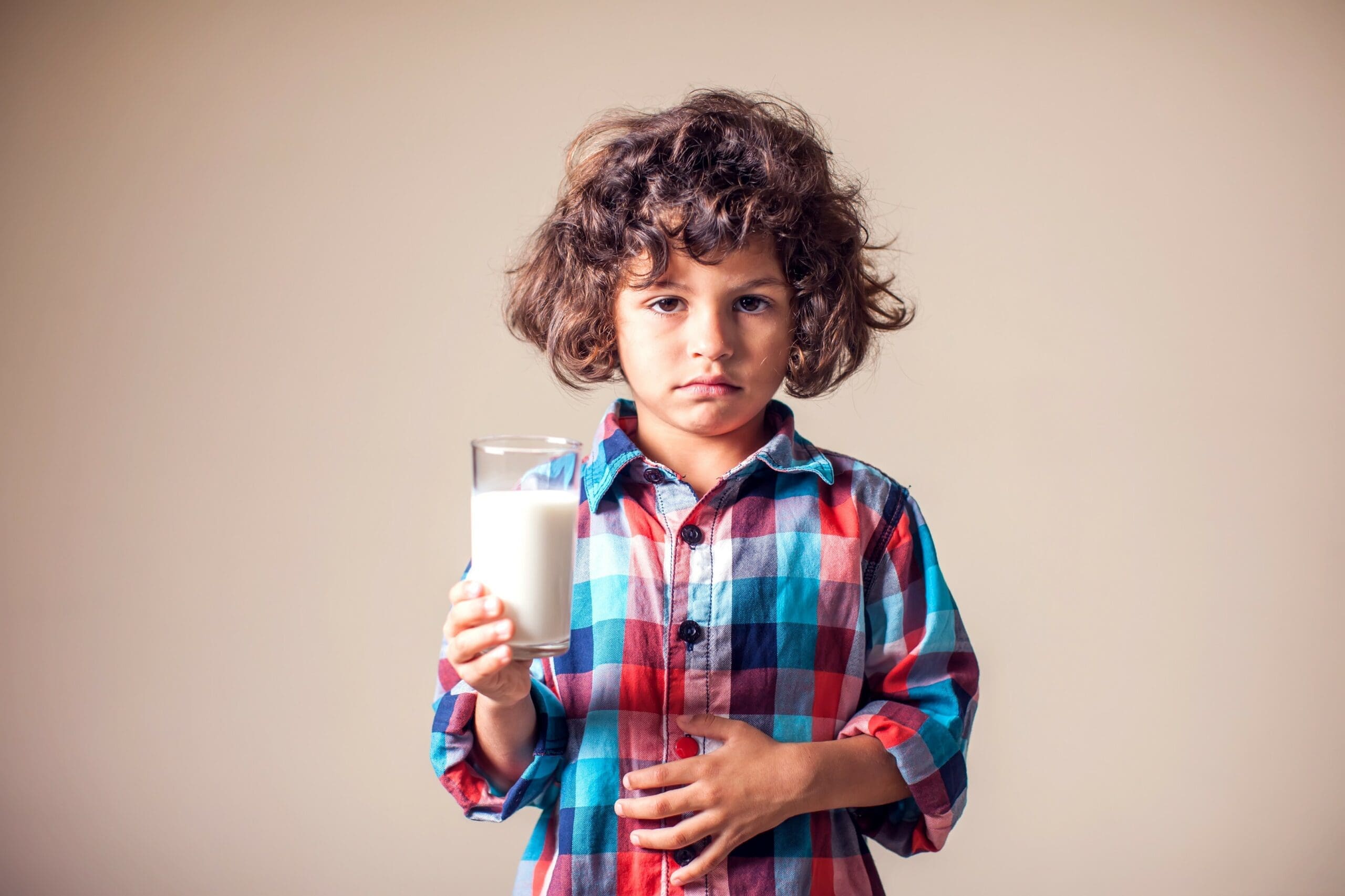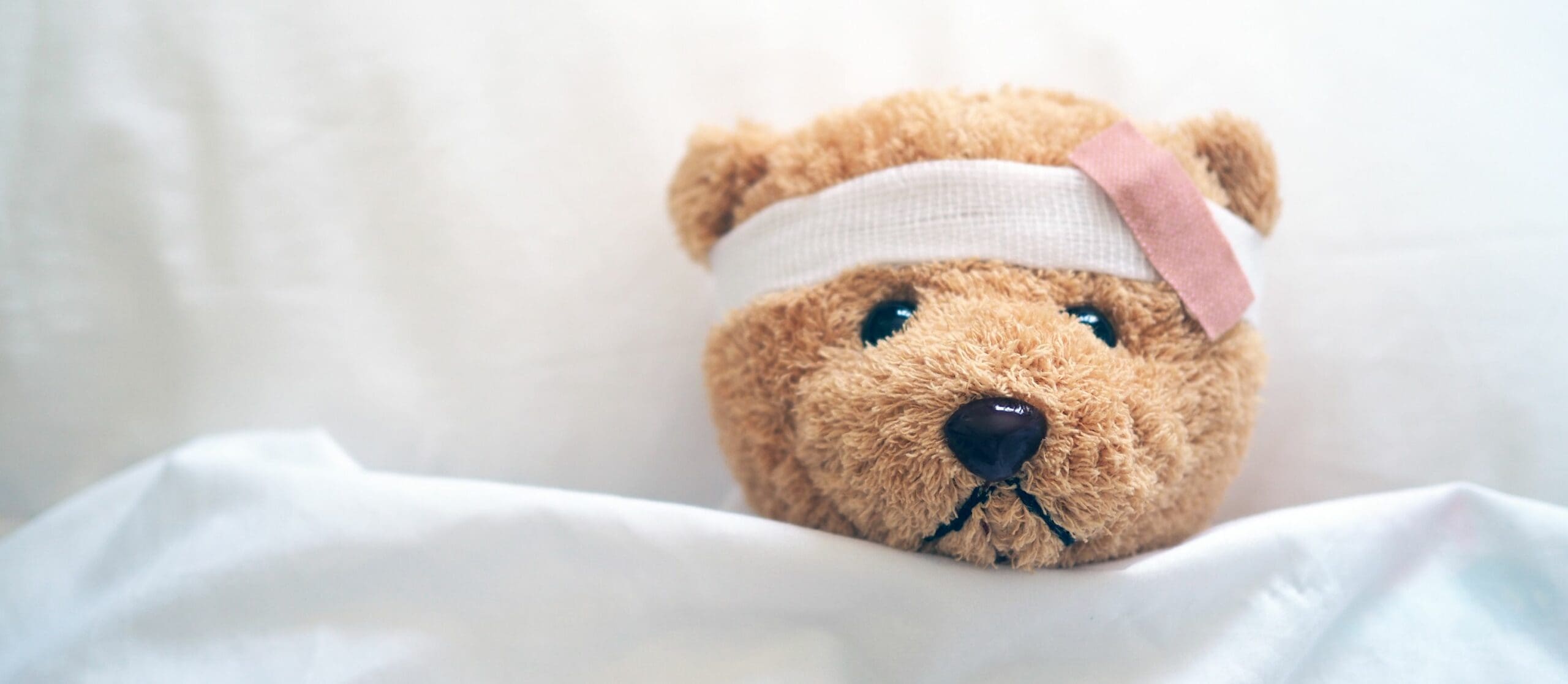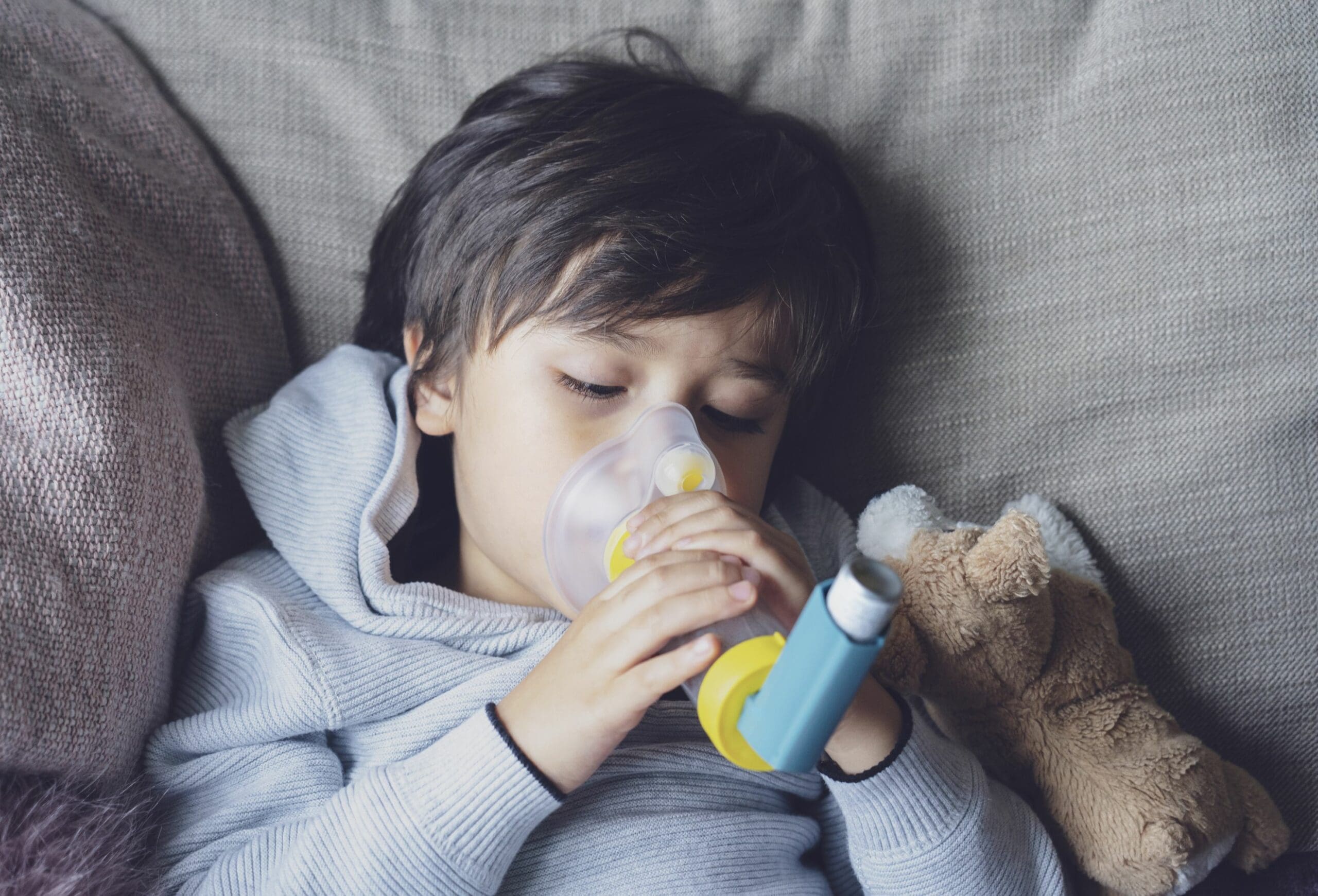Dr Golly talks vaccines; explains how vaccines work, looks at the common side-effects and addresses some worries regarding vaccines.
Dr Golly
Video: Bedwetting – Dr Golly
Dr Golly talks about bedwetting in children and adolescents, the causes, symptoms and treatments.
Video: Infantile colic – Dr Golly
Colic is a form of pain that typically comes and goes quite abruptly. When babies are particularly unsettled – we refer to this as infantile colic.
Video: Plagiocephaly – Dr Golly
The word plagiocephaly comes from the Greek plagio – which means oblique, slanting or sloping, and cephal meaning head. With newborns, it’s very common for babies to have oddly shaped heads that resolve spontaneously, within a few weeks. Dr Golly looks at the longer-term changes.
Video: ADHD – Dr Golly
ADHD or ADD, attention deficit hyperactivity disorder, is a condition that affects up to 1 in 20 Australian children, Dr Golly explains what ADHD is and how it can be treated once it is diagnosed.
Video: Food allergy – Dr Golly
Food allergies affect up to 1 in 20 children and 1 in 50 adults, this article looks at how allergic reactions occur and what you can do to best prevent them from happening.
Video: Mild head injury – Dr Golly
Across Australia, every year, more than 15,000 children and young people – mostly boys – are admitted to hospital for a head injury from sport, accidents or falls. They’re really common, so it’s helpful to know whether a trip to your GP or Emergency Department is actually needed.
Video: Dental care – Dr Golly
Dr Golly talks teeth. How best to care for your child's baby teeth and adult teeth and what to do in the case of a tooth injury, such as when a tooth is knocked out.
Video: Asthma – Dr Golly
Asthma is caused by excessive narrowing of the small airways within our lungs, as well as the overproduction of mucus. Let’s jump to the whiteboard and take a look at the lungs – and exactly what happens when asthma decides to attack.
Video: In-toeing – Dr Golly
In-toeing, when the feet turn inwards when walking, is an extremely common finding in children, so it’s useful to know when to relax and wait for your child to grow out of it, and when to have them seen by a specialist.

